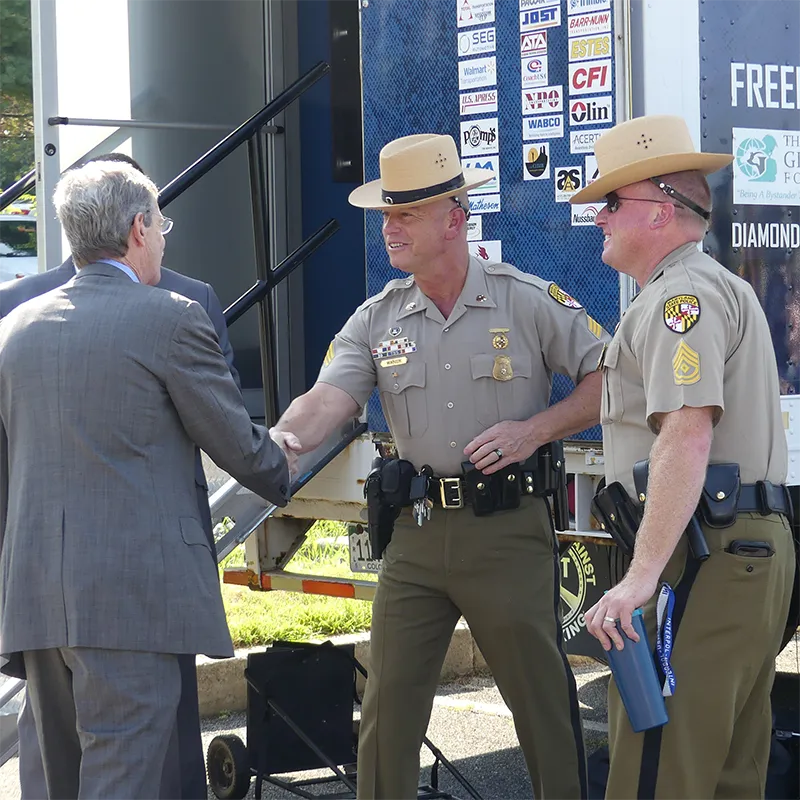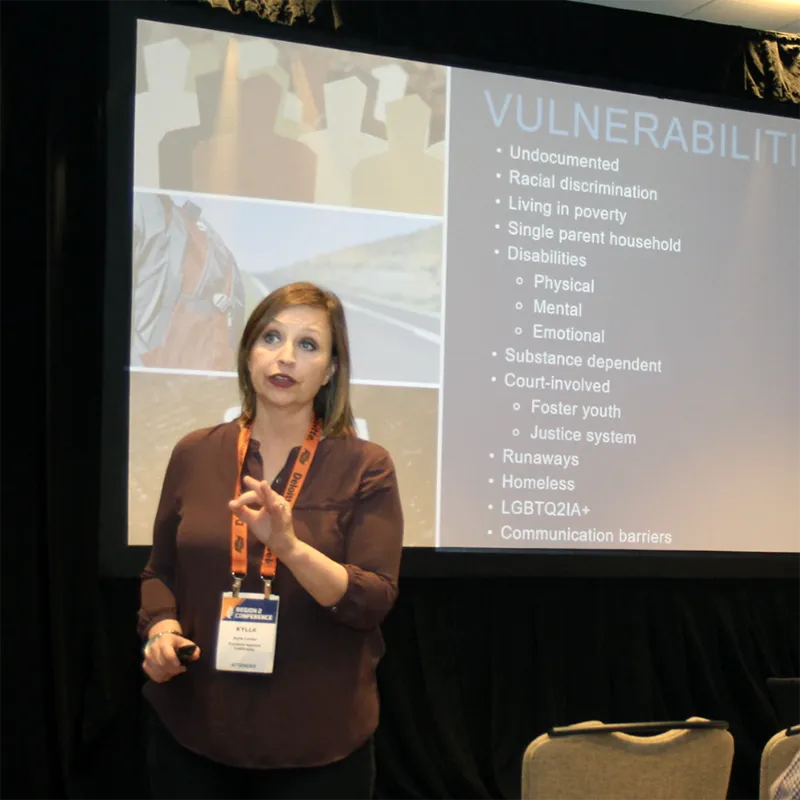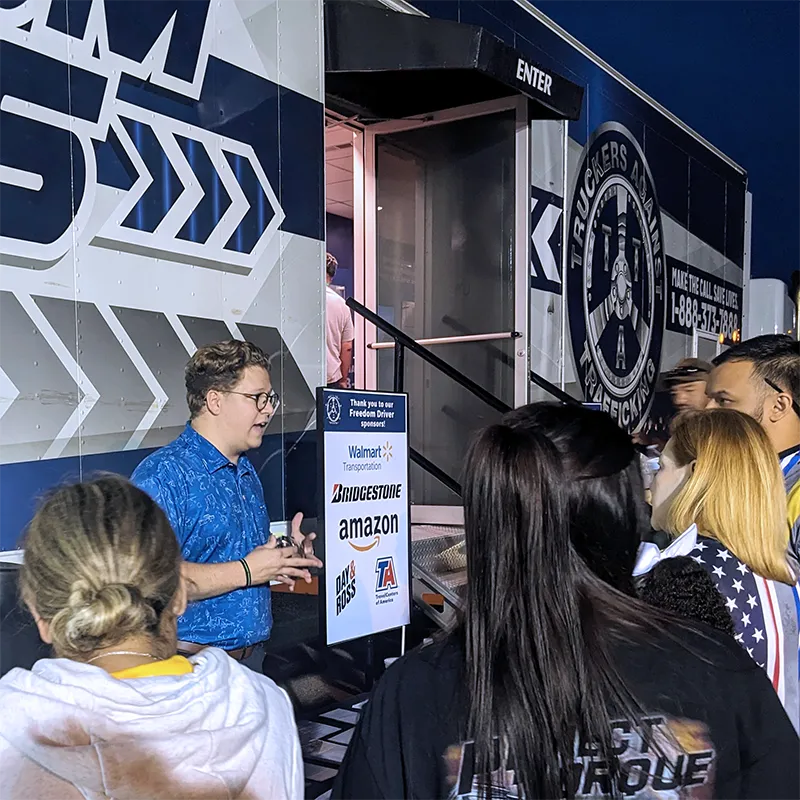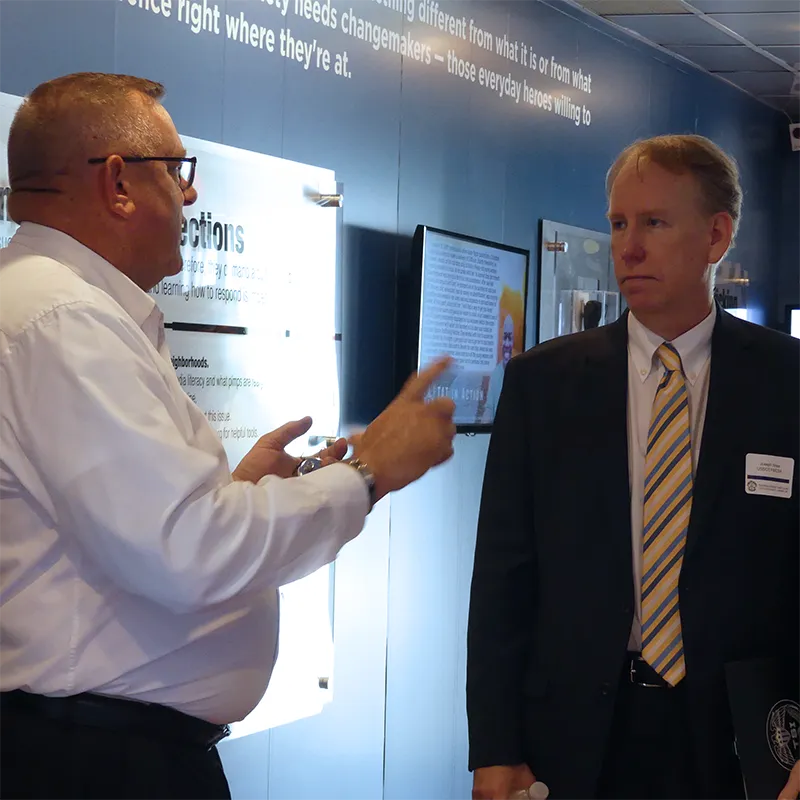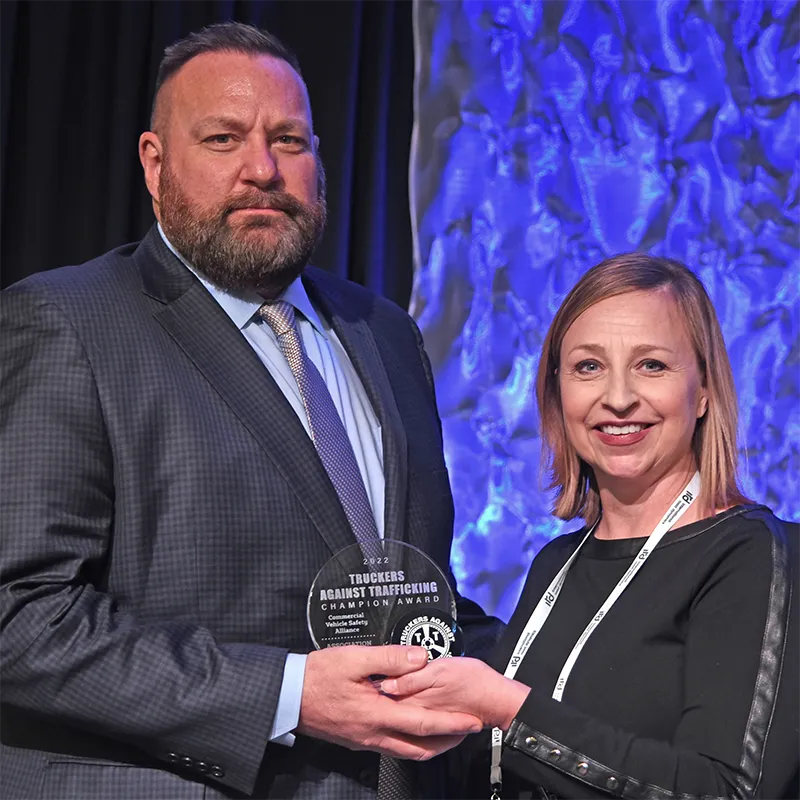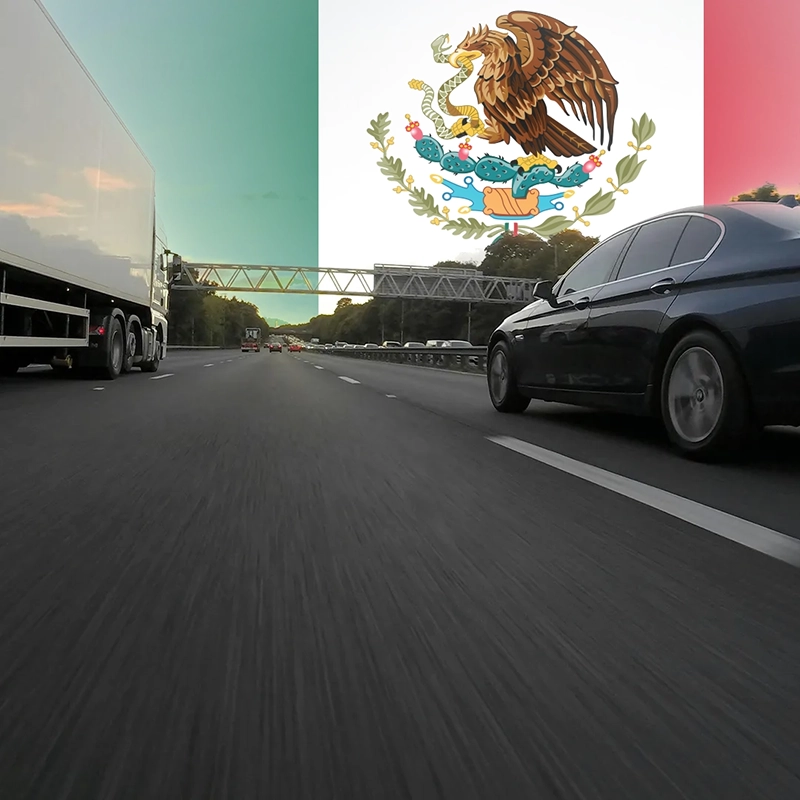Government agencies are critical leaders in counter- trafficking strategies.
The fight to end human trafficking requires a comprehensive, multidisciplinary approach. While the private sector has a significant role to play, government agencies are responsible for holding traffickers accountable and for determining national, state or province-wide adoption of anti-trafficking priorities.
As they set policy, create processes and protocols, allocate resources and address systemic issues related to the underlying causes of human trafficking, government agencies are indispensable in counter-trafficking efforts. The public sector also has a vital role to play in activating key industries to get involved, including through developing incentives for innovation and facilitating collaboration.
U.S. states partner with TAT.
Canadian provinces and territories partner with TAT.
TAT and State/Provincial Anti-Trafficking Efforts
Click on your state or province to see how TAT partners with government agencies in your region. The models TAT uses with law enforcement and state agencies in the fight against human trafficking in both the United States and Canada are based on a list of actions originally created by the former Iowa Motor Vehicle Enforcement division. Full implementation of these actions is a significant milestone, reflecting the hard work of officers and agencies to get trained and lead targeted anti-trafficking, awareness efforts. But TAT has broadened these actions to include others due to the inclusion of other government agencies in the anti-trafficking effort.
TAT works with local, state, provincial, territorial and federal agencies by providing training, models for adoption and strategic connections with the transportation and energy industries.
Access agency-appropriate TAT resources.
TAT has a series of resources designed to help government agencies maximize their reach and impact in fighting human trafficking. TAT’s resources include:
- guidance protocols for licensing agency front counter employees and civilian inspectors available by request here.
- government agency engagement catalog with types of ways agencies can get involved.
Co-host or attend a TAT Coalition Build.
TAT creates strategic local partnerships to end human trafficking as public and private sector leaders come together for training and networking. TAT Coalition Builds are half-day events co-hosted by law enforcement, government and industry stakeholders.
Join TAT in strategic awareness campaigns.
TAT partners with state and provincial agencies for statewide or province-wide information campaigns designed to reach all or most Commercial Driver’s License (CDL) holders in their jurisdiction with information about human trafficking and TAT’s free resources.
- Learn more about how to partner with TAT on a statewide campaign.
Contact TAT to get started.
Contact us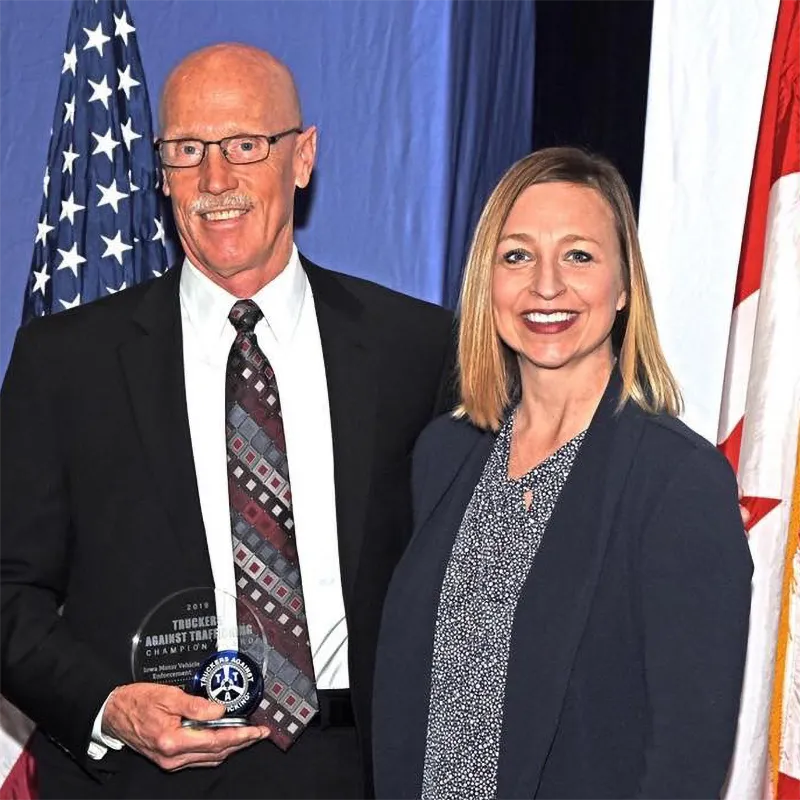
TAT in Action
The former Iowa Motor Vehicle Enforcement unit (MVE) provided unparallelled leadership in combating human trafficking. MVE officers visited every truck stop and nearly every trucking company and transit agency in the state of Iowa with TAT materials. They also helped integrate TAT’s school transportation training statewide, reaching over 9,000 school bus drivers.
Beyond Iowa, Director David Lorenzen with the Iowa Department of Transportation, created the Iowa MVE model when he was chief of the former MVE unit. The six-element model encourages agencies to utilize their entry points with industry to spread awareness and activate transportation professionals to be an extra set of eyes and ears for law enforcement in investigating and prosecuting human trafficking. All 50 states have adopted the Iowa MVE model, in part or in whole. Replicating the approach across borders, TAT developed the Canadian Commercial Vehicle Enforcement model, which has been adopted by six Canadian provinces and one territory.
In 2019, TAT awarded the Iowa MVE unit with its first-ever TAT Champion Award in the Agency Category.

